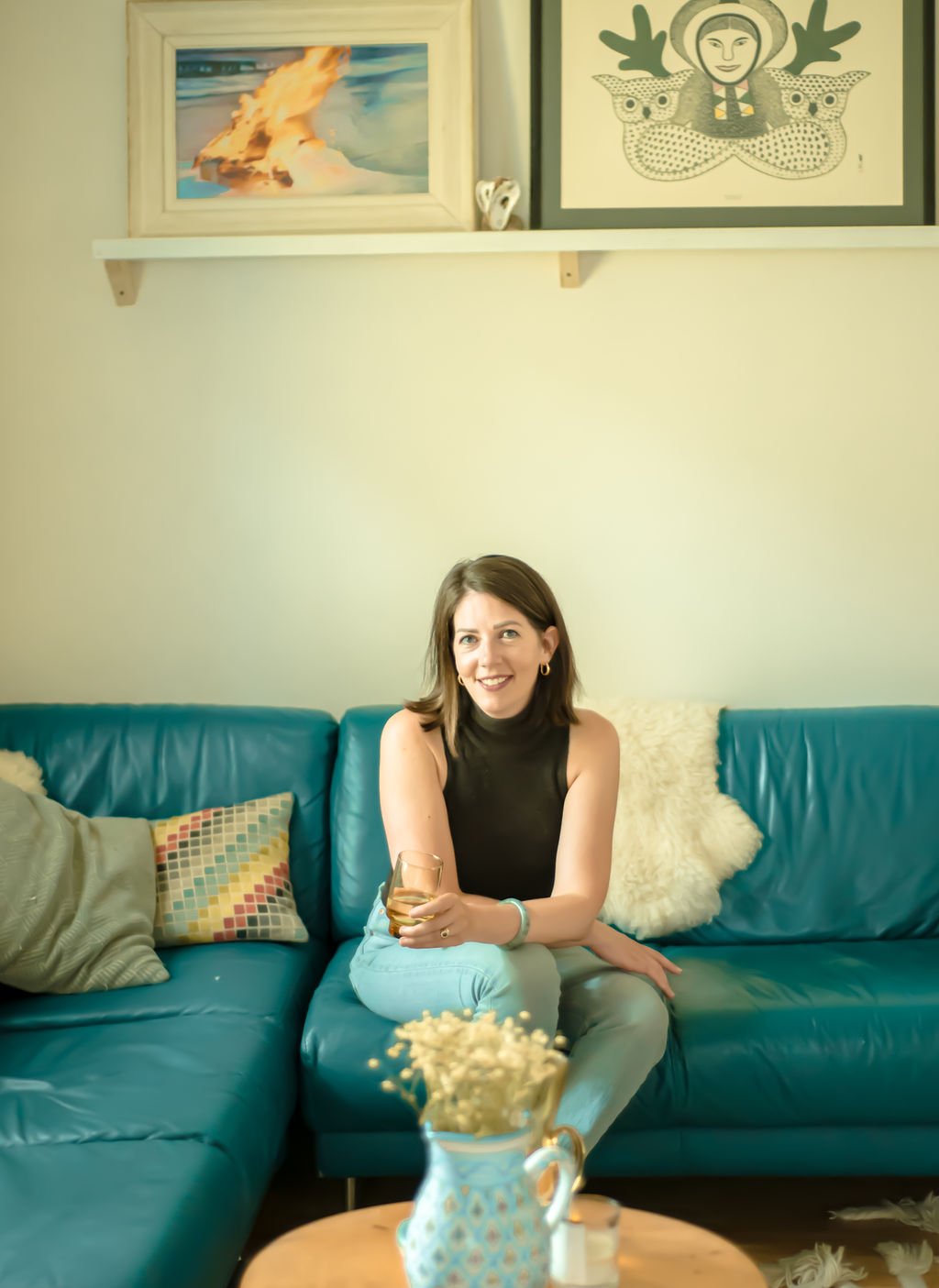
Rewrite the ending
I’m home sick today. I’m tired and a bit brain fogged. Friday mornings feel hectic these days, but today I could slowly start my day. While I sipped coffee, I flipped through Noam Wasserman’s book The Founder’s Dilemmas. I refer to this book often, mining for nuggets that stand out depending on what else is going on.
In the book, Wasserman examines how one’s motivations and relationships impact business decision making and ultimately, business survival. I recently cited his finding that 65% of high potential start-ups fail due to co-founder conflict.
So where am I going?
Co-founders either have a prior personal relationship, a prior working relationship, or they’re total strangers.
No matter who you go into business with, conflict is around the corner.
Unsurprisingly, conflict looks (and feels) different depending on how the co-founders came together.
Co-workers to co-founders - Wasserman says colleagues turned partners are most likely to address the elephant in the room. This isn’t altogether surprising. If they’ve worked together before, they’ve probably navigated issues at some point. Their prior, positive experience with conflict likely influenced their decision to start a business together.
Strangers - Uncertainty abounds when people don’t know each other. They’re more aware of the need to talk through issues because they don’t know one another. Guesses aren’t educated guesses. Assumptions are more obvious. Judgments are less firm. While they may still shy away for fear of how the other person will react, there’s less risk that conflict will overflow into their personal life.
Mixing business and pleasure - Friends, family, and lovers know and respect one another. They also think they know what they’re getting into. Realistically, they only know the good bits. Wasserman says this category is most likely to bury their head in the sand when shit gets real. The effort to preserve personal dynamics is usually to the detriment of business decisions. Ironically, when the business eventually suffers from this misguided avoidance, the personal relationship will too. Same problem, worse outcome.
Wasserman’s findings don’t entirely surprise me. I do a lot of work with co-founders who started out as friends or strangers. I don’t get a lot of calls from those who worked together before.
Maybe they don’t surprise you either, there’s a ton of well known examples in history.
Recently, I quoted Sir Paul McCartney’s recent admission that the Beatles were conflict avoidant… until they weren’t. When their issues inevitably erupted, the band broke up.
The Beatles were born from a mix of friends and strangers. Paul McCartney and John Lennon met as teens and swiftly became bandmates. 15 year old McCartney invited his friend George Harrison to audition. Ringo Starr was introduced by an early manager. Most people know Lennon and McCartney feuded furiously toward the band’s end, but McCartney and his longtime friend Harrison fell out first. They struggled to adapt their friendship as music became big business, especially given their young age. Harrison perceived McCartney as controlling and condescending.
Steve Wozniak and Steve Jobs founded Apple as a venture between best friends. 6 years later, Wozniak departed amidst two-way feelings of hurt, betrayal and resentment from unresolved issues, including disputes about compensation.
Eduardo Saverin and Mark Zuckerberg were classmates (not friends) who co-founded Facebook. Just two years later, Zuckerberg effectively booted Saverin from Facebook. They differed in their commitment to and vision for the company.
A lesser known example (haha), I once started a business with a semi-stranger. We knew of one another and thought we’d talked over the pertinent points before we embarked on the venture. A few weeks in, we realized we weren’t on the same page. The conversations were uncomfortable, yet unavoidable. Even as only casual acquaintances, I worried about hurt feelings and was daunted by the alternative of solopreneur-ship. We talked about it anyway. Ultimately, we abandoned our business partnership. Since then, we became very close friends. Looking back, our decision worked out best for both of us.
If you’re a co-founder, it doesn’t have to end up like it did for Apple, Facebook and the Beatles. It depends on what the issues are.
But you can’t identify the real issues until you talk about them.
Headed into this weekend, think about who you work with and how it may affect your business judgment. Then ask yourself…what’s the worst that can happen?